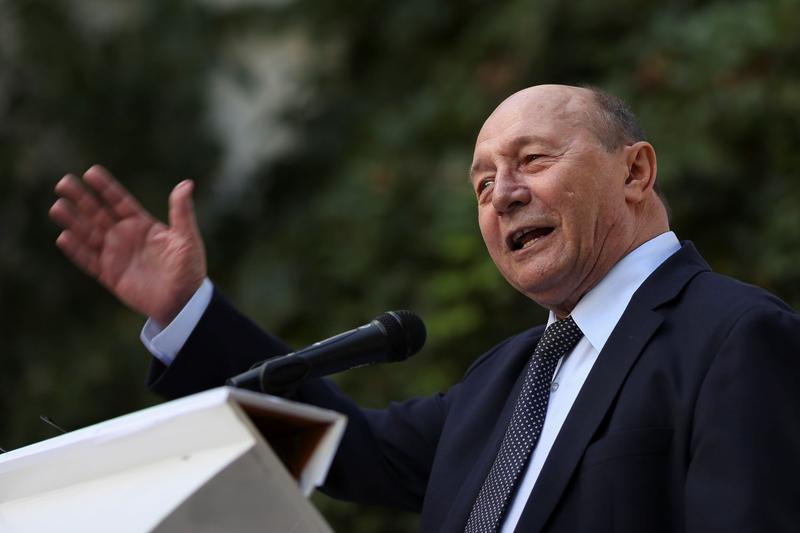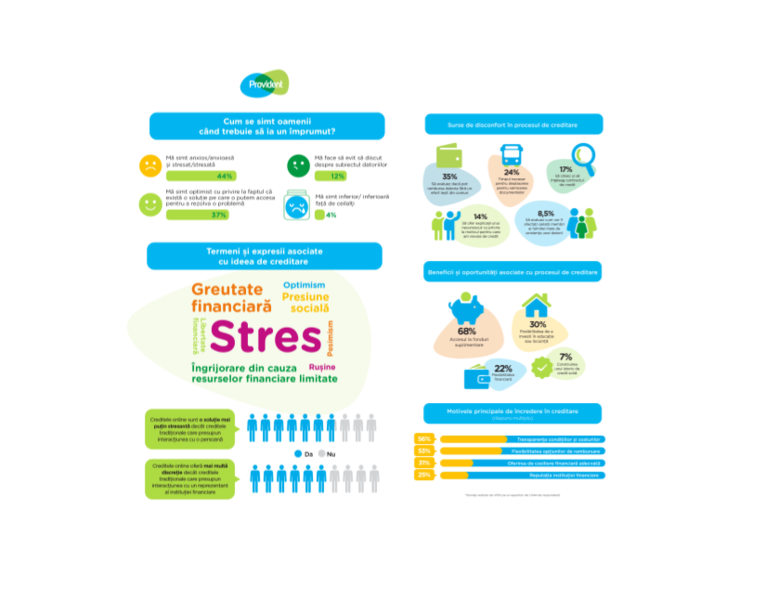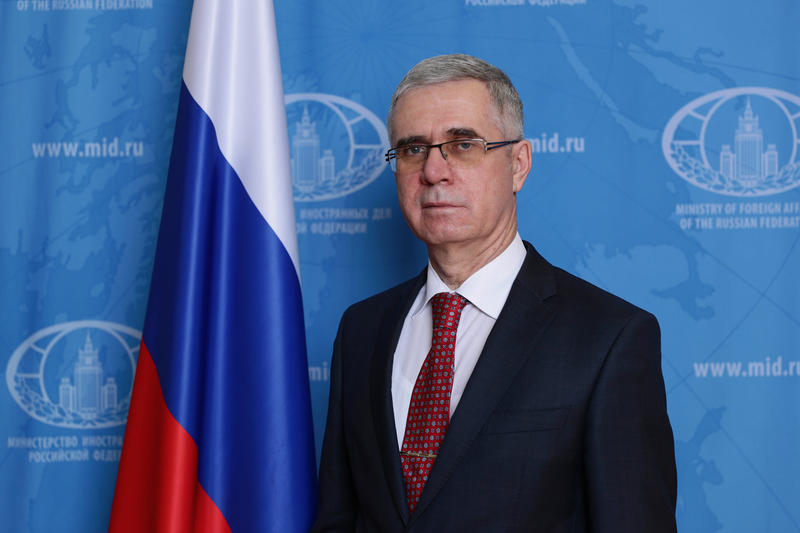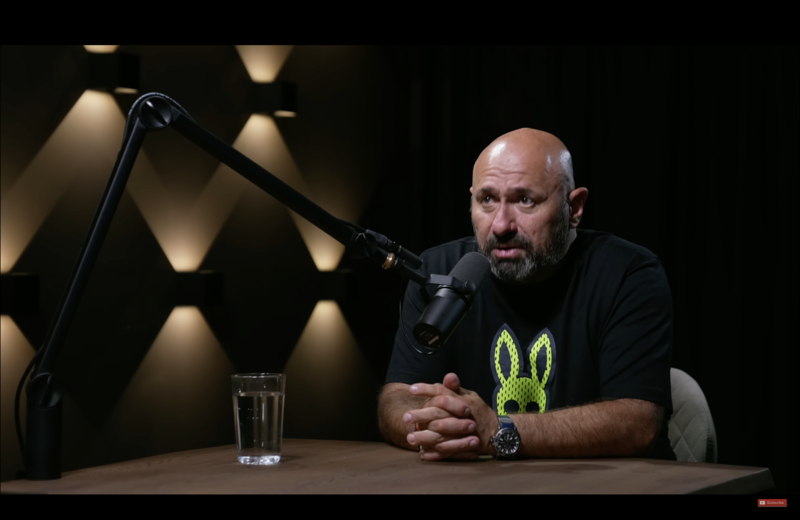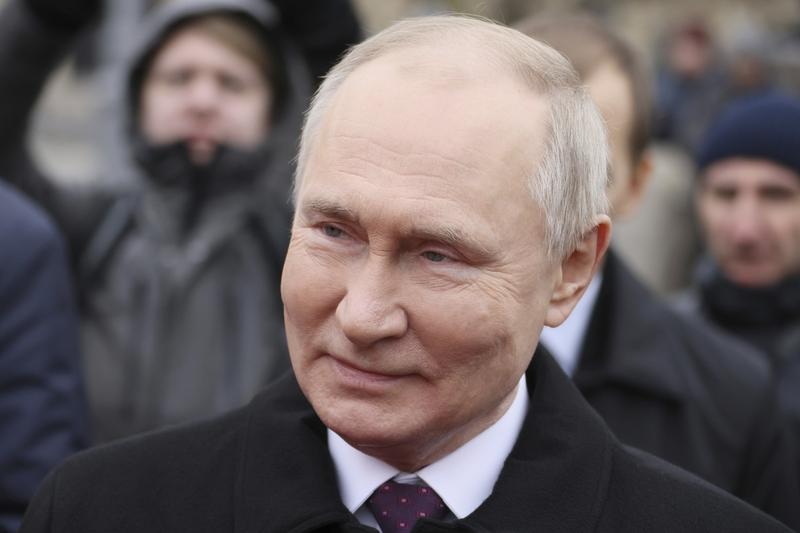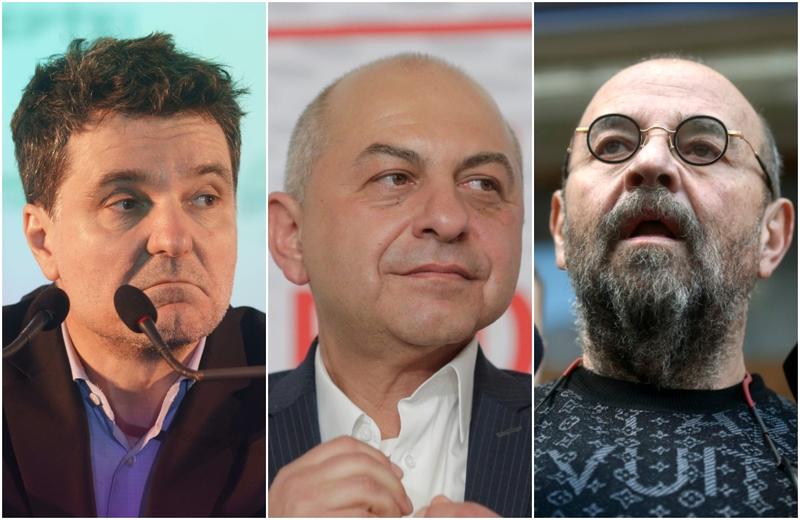The New York Times and International Herald Tribune share a story on how Romanian President Traian Basescu received a red card from ultranationalists for a statement he made in the Parliament to denounce the communist regime, a move seen as a “belated attempt” to break with the communist past.
The news also makes Western newspapers via Reuters and AP, while The Guardian, Le Figaro, BBC and Radio Free Europe talk about the report on the crimes of communism in Romania and how it was received with boos in the Parliament on Monday.
It was the first time when a Romanian head of state officially denounces the ex-Soviet regime, International Herald Tribune reports.
The newspaper says this was “a belated attempt by the country to make a more complete break with the Communist past than was possible in the managed revolution of 1989”.
The article shows other former Soviet bloc countries have long since condemned their own communist past, starting with the Czech Republic in 1993 and continuing with Bulgaria in 2001. And only a month has passed since the Ukrainian Parliament approved a bill declaring the famine orchestrated by Stalin in the ‘30s as “genocide”.
According to IHT, “Basescu was under increasing pressure from civil society and the European Union to condemn Romania's communist-era government, one of the most repressive in the region. He was reluctant to do so without an authoritative report to back it up.”
And the paper also quotes charges by Ion Iliescu, a former communist apparatchik turned first president of post-communist Romania, according to whom the report damning communism was aimed at politicizing history and “demonizing the democratic left”.
Associated Press reports extensively about communist crimes in Romania, as presented in the report published on Monday. The agency tells how the document was booed by far-right leader Corneliu Vadim Tudor’s ultranationalists in Parliament.
Still, it compares the report to a similar measure of Ion Iliescu, who had established an international group of historians led by Nobel Peace Prize winner Elie Wiesel to study the role of Romania in the Holocaust.
The content of the document - which names and blames former communists leaders and tells the many facets of communist crimes in Romania - forms the bulk of the BBC story on the issue. BBC nominates Iliescu and Tudor as former prominent communists identified in the report.
And Reuters quotes C.V. Tudor, who says "it is a false, politically orchestrated report... I agree we should unmask the crimes of the Stalinist era, but shouldn't it also condemn the Queen of England, who was in the same car with the dictator?"
Among the French newspapers, Le Figaro pays most attention to the issue and writes that “Romania, which will join the EU on January 1, has decided with much difficulty to turn the black pages of its history”.
But the newspaper focuses more on what the communist political police, the Securitate, has done and less on the deeds of communist authorities.
And in Britain The Guardian quotes Ion Iliescu, “the one-time Communist party propaganda chief”, who claims “I cannot accept being presented as a pillar of communism... I did not establish communism, I did not invent prisons and labour camps, I did not establish the Securitate."


